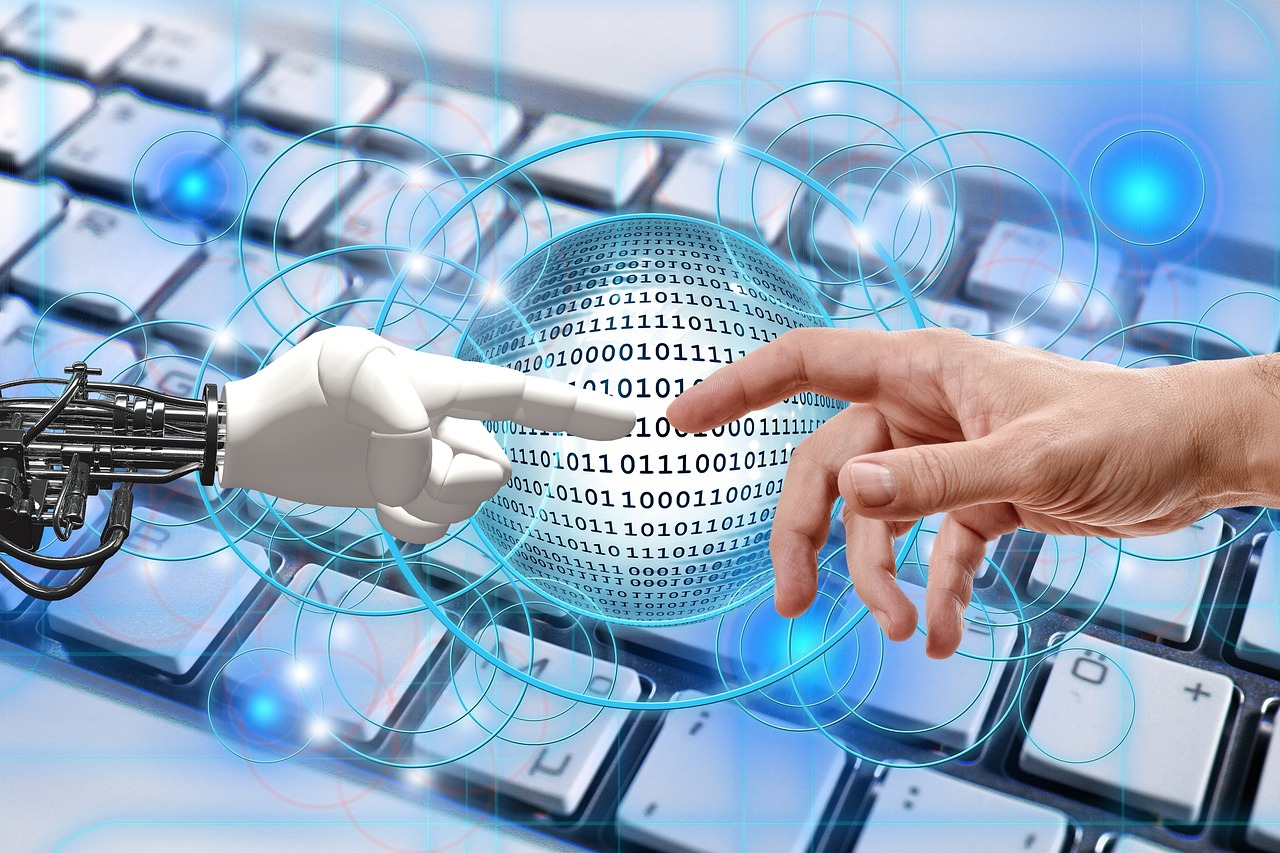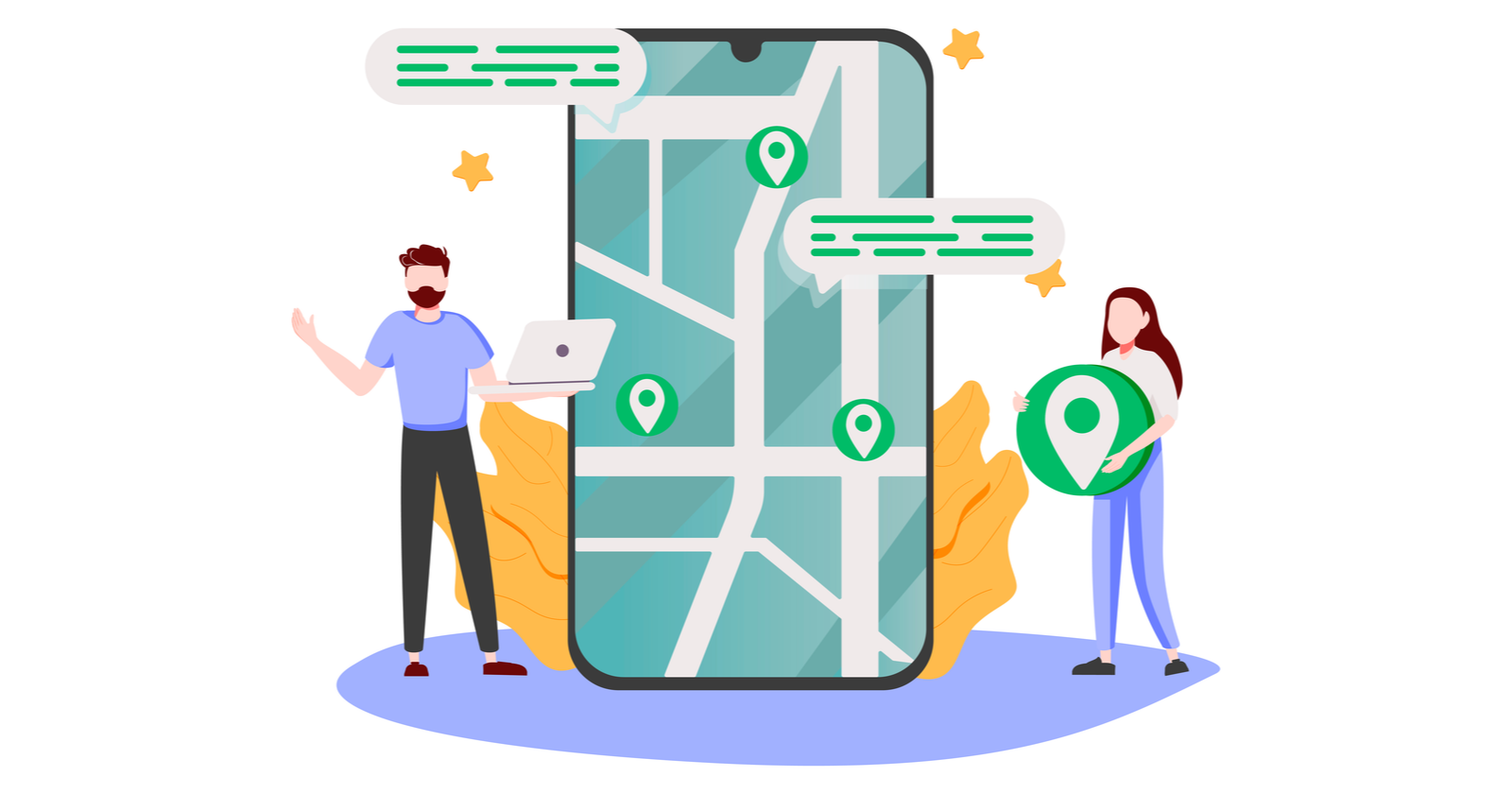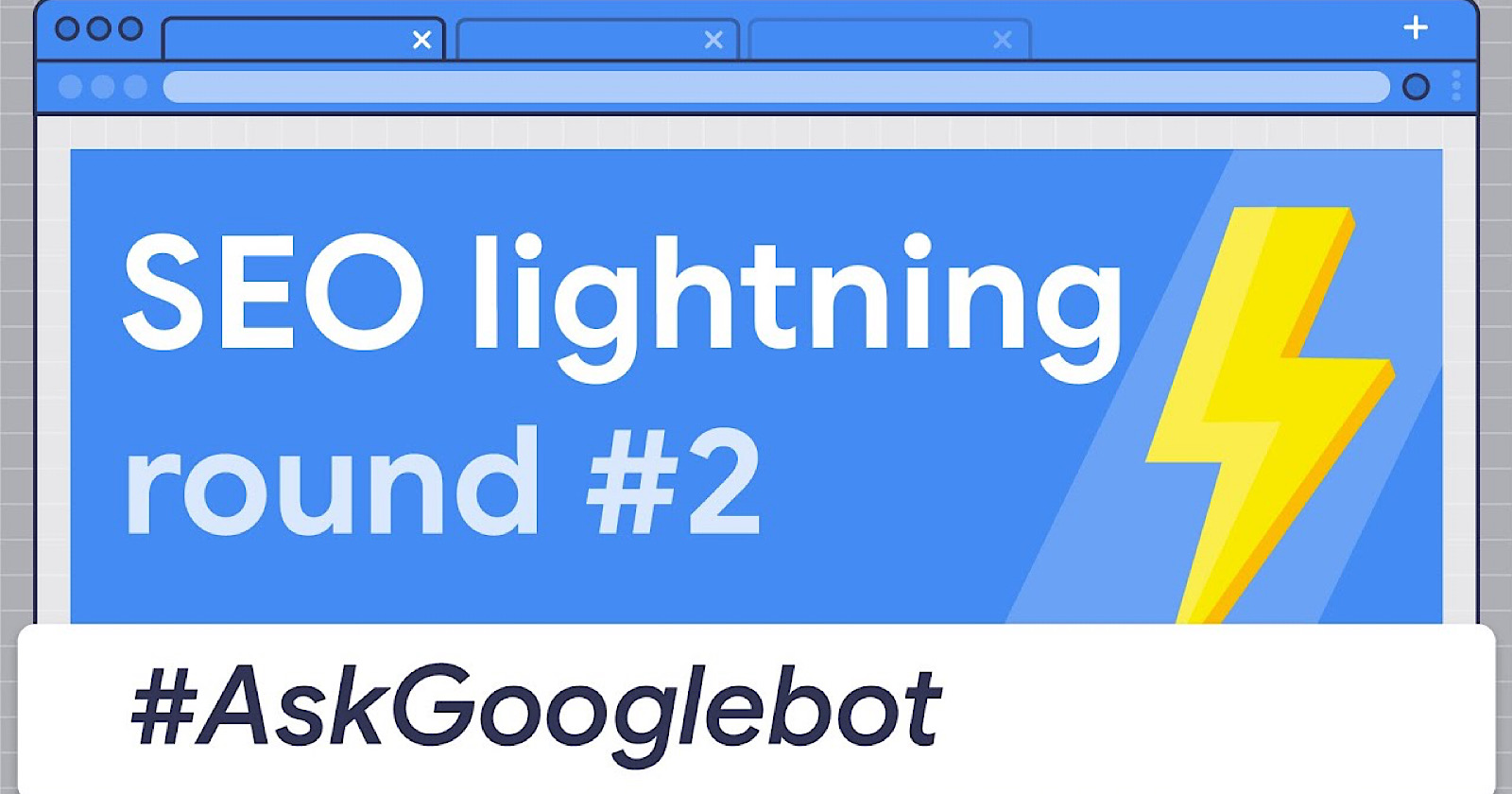Striking the Right Balance: Leveraging AI in Digital Marketing Without Losing Humanity
From financial markets to Hollywood, businesses are swarming to capitalize on AI’s potential. Bill Gates asserts that AI is “every bit as important as the PC, as the internet.”1 Companies like Expedia, Microsoft, Duolingo, Slack, and Freshworks have integrated...

From financial markets to Hollywood, businesses are swarming to capitalize on AI’s potential. Bill Gates asserts that AI is “every bit as important as the PC, as the internet.”1 Companies like Expedia, Microsoft, Duolingo, Slack, and Freshworks have integrated ChatGPT to help streamline the customer experience, reduce coders’ workload, and assist with marketing.2 Amid this frenzy, Derek Chew, CEO of Fullmoon Digital, reminds business owners to keep a level head and stay purposeful in their adoption approach.
Chew clarifies, “So, it’s not necessarily ‘What’s the next big thing?’ It’s how do we, in a healthy and successful way, integrate AI without losing the human touch?”
AI has existed in different forms for decades but only recently became accessible to small businesses.3 While the future potential of AI is unknown, the current reality is it provides innovative help in straightforward ways.4 However, anyone paying attention to the hype might view it as the ultimate solution.
Generative AI technologies like ChatGPT appear intelligent because they integrate natural language processing and machine learning. They have remarkable conversational and predictive capabilities but only reliably add value to businesses when tied to a concrete operational objective.4 They are a tool in the hands of humans, not in replacement of them.
The best way for businesses to capitalize on the power of AI is by applying a uniquely human capacity — creativity.5 Methodologies, practices, and policies that encourage people to be creative allow organizations to leverage the power of AI while staying connected to our humanity, the true source of innovation, connection, and advancement.
While AI easily outperforms humans on mundane, repetitive tasks, it cannot function without human input. Two salient examples include self-driving cars, which can out-skill many human drivers until the autopilot’s machine learning encounters a scenario beyond its programming, at which point a human must take over. And in 2019, Facebook and other platforms had to bring in humans to mitigate their AI algorithms used to drive engagement. The technology was outstanding at recommending content according to user preferences. However, without understanding the larger socio-political context, it escalated political divisiveness.6
AI is a powerful potential marketing tool to help businesses understand customer pain points and needs, personalize communication and product recommendations, target the right audience, and predict consumer behavior. It can convert massive amounts of data into actionable insights.
But it will only achieve its potential in the hands of people with expertise and vision. AI’s inability to self-correct programmed bias and insensitivity and to understand cultural nuances poses significant potential problems for firms that try substituting AI for practical knowledge and understanding.7
Chew explains, “Many companies are just diving into AI without knowing what it is, the repercussions, or what it’s going to do. It’s just wanting to be a part of the next big thing, even if they don’t really want to be a part of it. It’s like cultural peer pressure.”
AI marketing hurdles, such as high implementation costs, a loss of human touch, and data privacy concerns,8 can plague firms that jump in too fast and hard.
An essential component of successful marketing is emotion, and while AI can mimic human content, it doesn’t have the creative spark to touch the heart of customers. To use AI in marketing successfully requires understanding its limitations and potential pitfalls.
While AI can profit from marketing expertise and knowledge, it does not replace it. As a digital agency focused on measurable results and dedicated to client relationships, Fullmoon Digital delivers tailored, evolving solutions. Chew affirms, “The AI algorithm is only as good as the people who use it, and it doesn’t account for everyone’s experience. So, now we’re building tools that just separate us even further. It’s putting more screens between us. AI still needs innovative thinkers and creative problem solvers. There’s still that human knowledge base that you need to successfully run a business and create a brand, which is something that Fullmoon Digital does well.”

 MikeTyes
MikeTyes 































